The fabric industry continues to grow as new technologies and innovative textile solutions emerge. From woven fabric to knit fabric, manufacturers are introducing sustainable materials and enhancing traditional techniques to meet the demands of consumers and industries worldwide.
Woven fabric, a popular textile choice for garments and home décor, has evolved with the introduction of eco-friendly materials such as bamboo, hemp, and organic cotton. Companies are also using advanced weaving techniques to create intricate designs and textures, making woven fabric even more versatile and stylish.
Knit fabric, traditionally used for activewear and pajamas, has expanded to include fashion-forward pieces such as knit tops, dresses, and even shoes. With the development of recycled and biodegradable yarns, knit fabric is now being used in eco-friendly fashion and lifestyle products.
One company leading the way in sustainable textile solutions is the Swedish maker of machinery for the production of fabrics, Stäubli. Their machines enable textile manufacturers to produce longer, stronger and more durable yarns, which in turn contributes to more efficient production and reduces waste. Stäubli also offers machinery for the efficient production of technical textiles, which have various industrial applications.
Another innovative company in the textile industry is US-based Bionic Yarn. They have developed a patented process that recycles ocean plastics and converts them into high-performing yarns. This process has successfully transformed over 70 million plastic bottles into high-quality materials suitable for clothing, uniforms, and protective gear.
The current global pandemic has also brought about new opportunities and innovations in the textile industry. Companies that were previously focused on apparel production have pivoted to manufacture masks, gowns, and other protective gear for healthcare workers. This has not only helped to combat the shortage of personal protective equipment but has also provided a new avenue for businesses to remain operational during challenging times.
With the continuous development of innovative textile solutions and the growing demand for sustainable materials, the fabric industry is here to stay. Consumers are increasingly conscious of their environmental impact, and textiles play a significant role in addressing these concerns. As the industry continues to evolve and adapt, we can expect even more exciting developments and opportunities in the future.
In conclusion, the textile industry is thriving on its innovation and sustainability initiatives. From traditional woven fabric to modern knit fabric, this industry is moving towards providing eco-friendly products for conscious consumers and revolutionizing technical textiles for various industrial applications.

